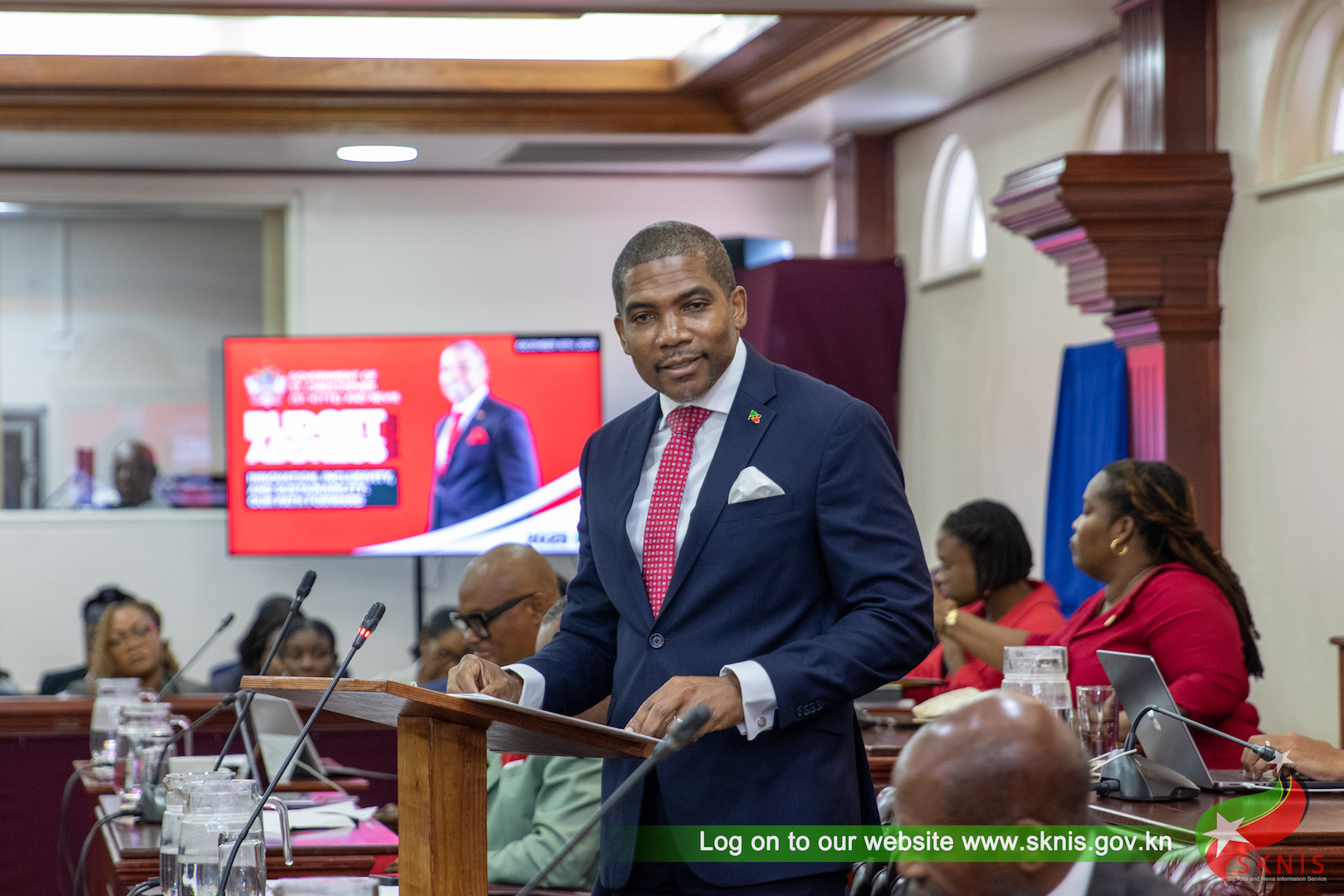St. Kitts and Nevis to Advance Digital Transformation and Skills Development through Enhanced Technical and Vocational Education and Training in 2025
Investing in Education and Workforce Development for a Sustainable Future
The 2025 Budget Address presented by Prime Minister and Minister of Finance, the Honourable Dr. Terrance Drew, underscores the government’s unwavering commitment to advancing education and workforce training as cornerstones of St. Kitts and Nevis’s sustainable development. This commitment translates into strategic investments in digital transformation and Technical and Vocational Education and Training (TVET), positioning the nation for a future driven by innovation and skilled expertise. The government recognizes that a robust and adaptable workforce is crucial for navigating the evolving global landscape and achieving the nation’s long-term economic goals.
Modernizing TVET for Enhanced Skills Development:
A central focus of the 2025 Budget is the modernization of the Advanced Vocational Education Centre (AVEC). The government plans to integrate cutting-edge technology into AVEC’s training programs, equipping students with the skills needed for the jobs of the future. This includes the introduction of immersive simulators utilizing Virtual Reality (VR) technology. These simulators will provide trainees with realistic training experiences in areas such as welding and painting, offering a safe and efficient learning environment. VR technology allows for repeated practice, reduced material waste, and lower risk compared to traditional training methods. The integration of VR simulators signifies a significant step towards enhancing the quality and effectiveness of TVET programs. In addition to the VR simulators, AVEC will also benefit from the implementation of smart classrooms, further enriching the teaching and learning experience.
Establishing Regional Leadership in Skilled Workforce Development:
The government’s vision extends beyond simply upgrading facilities; it aims to establish St. Kitts and Nevis as a regional leader in certified, skilled workforce development. This ambition is being pursued through ongoing collaboration with the TVET Secretariat and Council. By focusing on emerging sectors and fostering partnerships with relevant stakeholders, the government is creating a dynamic ecosystem for skills development. This approach ensures that the nation’s workforce remains competitive and responsive to the demands of a rapidly changing job market. The emphasis on certification also enhances the credibility and portability of skills acquired through TVET programs, allowing graduates to pursue opportunities both within the country and internationally.
Embracing Renewable Energy and Green Technologies:
The 2025 Budget also highlights a significant investment in renewable energy training. Recognizing the importance of transitioning to a sustainable energy future, the government has partnered with Green Solutions International to expand training opportunities for nationals in key areas. This partnership led to the establishment of the Caribbean Centre of Excellence in Research, Innovation, and Workforce Training at the Clarence Fitzroy Bryant College (CFBC). This Centre, funded by the Global Environment Facility (GEF) Small Grants Programme, will provide comprehensive training in solar PV installation and electric vehicle (EV) maintenance and repair. This initiative positions CFBC as a regional hub for renewable energy workforce training and innovation, attracting students and professionals from across the Caribbean. By investing in renewable energy training, the government is not only promoting sustainable practices but also creating new job opportunities in a growing sector.
Aligning Investments with the Sustainable Island State Agenda:
These strategic investments are perfectly aligned with the government’s broader Sustainable Island State Agenda. The focus on renewable energy training directly supports the nation’s transition to cleaner energy sources, reducing reliance on fossil fuels and lowering carbon emissions. Similarly, investments in agricultural and creative economy skills development contribute to economic diversification, reducing the nation’s dependence on imports and fostering local industries. These initiatives collectively work towards creating a more resilient and self-sufficient economy. By prioritizing education and workforce development in these key areas, the government is laying the foundation for a sustainable and prosperous future.
Building a Skilled Workforce for Economic Diversification:
The overarching goal of these initiatives is to cultivate a highly skilled and adaptable workforce capable of driving economic diversification and growth. The investments in TVET, digital transformation, and renewable energy training are all geared towards equipping citizens with the knowledge and skills needed to succeed in a rapidly evolving job market. By fostering innovation and entrepreneurship, the government is creating an environment where individuals can thrive and contribute to the nation’s economic prosperity. This emphasis on human capital development is essential for achieving the Sustainable Island State Agenda and ensuring a bright future for St. Kitts and Nevis. The 2025 Budget demonstrates a strong commitment to investing in the future of the nation’s workforce and building a more sustainable and resilient economy.
Share this content:












Post Comment